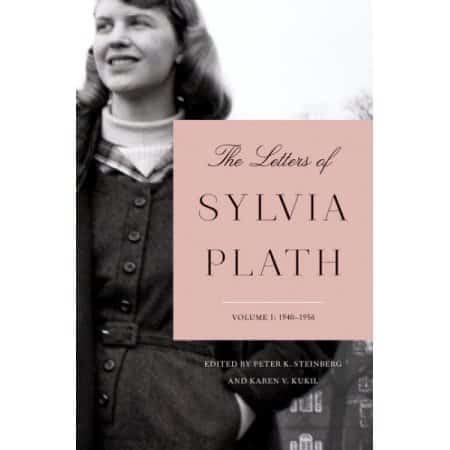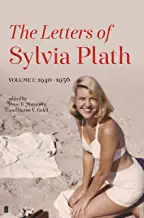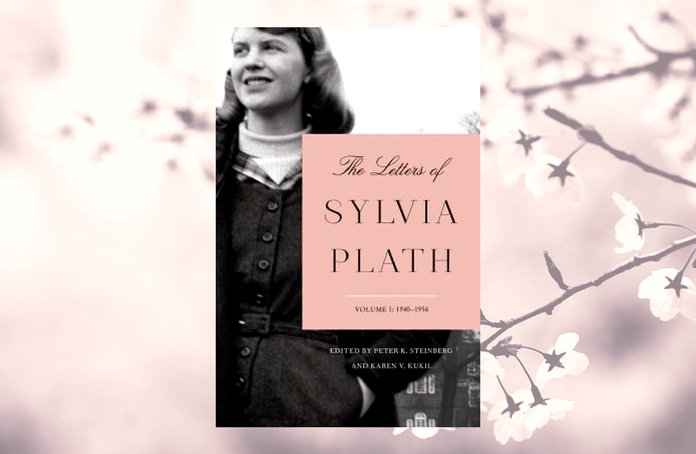Letters of Sylvia Plath by Sylvia Plath
During Sylvia Plath’s first semester at Smith College, she wrote to her mother, saying “I’m so happy here I could cry!” At the same time, she was writing in her journal about the depression and anxiety she has fallen into. She was a very private person, who didn’t share much of her life publicly. What we do know of Plath, we know from her writing: her journals (the ones that her husband Ted Hughes didn’t burn after her death), her one and only book The Bell Jar, and her poetry, which was intensely private – each one seemed like an excerpt from her diary.
The Letters of Sylvia Plath, Volume I: 1940-1956 document her letters and correspondences over the years, a good amount to her mother, but also to various friends, like Edward Cohen, to whom she wrote following her suicide attempt in August, 1953, an event which was included in The Bell Jar. The letters include details of her life at Smith College, where she was a student, her increasing anxiety, and her suicide attempt, as well as her return to school post electroshock therapy. Her love letters to Ted Hughes, as well as the men she loved before him are also included.

The collection of her letters is important for a variety of reasons, the most relevant, perhaps, is that we get to see who Sylvia the person was, not just Sylvia Plath, poet and author: she laughed, and had a funny side not often expressed in her other writings; she worked as a nanny, a job she did not enjoy; she once bought herself a cashmere sweater because she felt like she owed it to herself to buy it; she had her insecurities, but would try to bolster herself up; she suffered from depression, and, as a good majority of people with depression do, she tried to hide it. She once wrote to a friend, “I hate public opinion for encouraging boys to prove their virility & condemning women for doing so.”
It is immediately apparent that she was, and still is, maddeningly relatable. Letters of Sylvia Plath, Volume I: 1940-1956 does more than show the brilliance of Sylvia Plath as an academic, poet, or author: just as her journals revealed her private thoughts, her letters reveal her as a daughter, sister, friend, and lover.
Buy this Book!
Amazon



